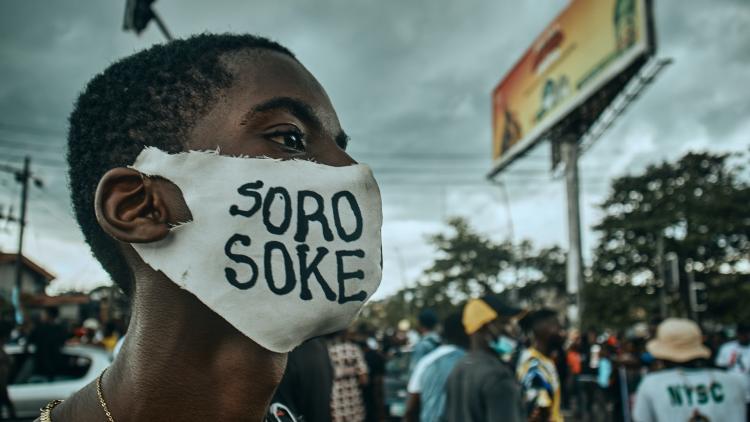Gender, Sexuality and Law: Theories and Methodologies

Key information
- Start date
- End date
- Duration
- Term 1
- Module code
- 15PLAH062
- FHEQ Level
- 7
- Credits
- 15
- Department
- School of Law, Gender and Media
Module overview
The objective of this module is to enable students to become well-versed in the field of feminist legal theory and the study of gender and sexuality in relation to law, with specific attention to the relevance and meaning within non-Western states.
Potential outcomes of the course include the ability to demonstrate a thorough understanding of the theoretical insights of different schools of feminist legal theory, especially the conceptual scaffolding around which they are built, their techniques for legal reasoning and their application to concrete feminist struggles for law reform and knowledge of feminist, gender and sexuality theories in relation to Asia, Africa and the Middle East.
The course will employ a range of theoretical perspectives to engage with legal arrangements, case and legislation in different jurisdictions and forums. The modules engages a cross-section of methodologies on gender and sexuality while covering the major schools of feminist legal theory, including radical, liberal and cultural feminisms, material, critical race, postcolonial and queer legal feminisms.
Objectives and learning outcomes
- enable students to become well versed in the canonical texts on gender, sexuality and the law, as well as new and emergent themes and scholarship from Anglo-European contexts and from the SOAS regions
- demonstrate a thorough understanding of the theoretical insights of approaches to gender, sexuality and the law and their application to concrete feminist, queer, LGBTi and women's struggles for law reform
- explain specific feminist/gender/sexuality legal approaches in detail and in application to specific legal issues
- analysis tensions across critical legal approaches and strands on gender and sexuality, while situating these debates within larger legal issues around authority, power and interpretation, as well as the impact of legal enforcement, legal actors and legal pluralism
- demonstrate competence in 1-4 through the submission of written assessments
Workload
- Weekly 2-hour seminar
Method of assessment
- reaction paper: 30% (750-1000 words)
- essay: 70% (2000-3000 words)
Suggested reading
- Buss and Manji, International Law: Modern Feminist Approaches, Hart, 2005
- Naffine and Owens, Sexing the Subject of Law, LBC, 1997
- Jones, Jackie, Grear, Anna, Fenton, Rachel Anne and Stevenson, Kim (eds), Gender, Sexualities and the Law, Routledge, 2013.
- Kapur, Ratna, Erotic Justice: Law and the New Politics of Postcolonialism, Routledge 2005
Disclaimer
Important notice regarding changes to programmes and modules.



